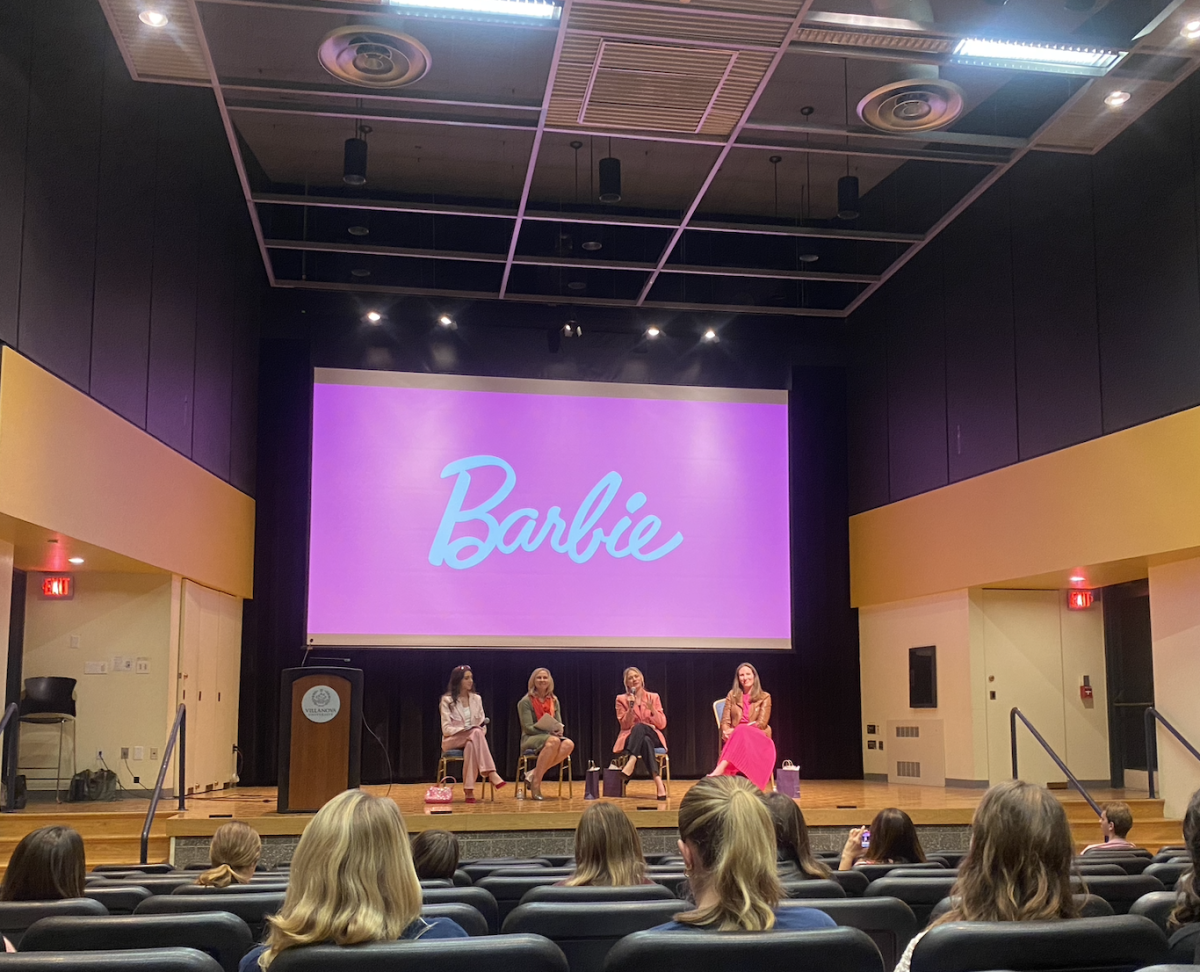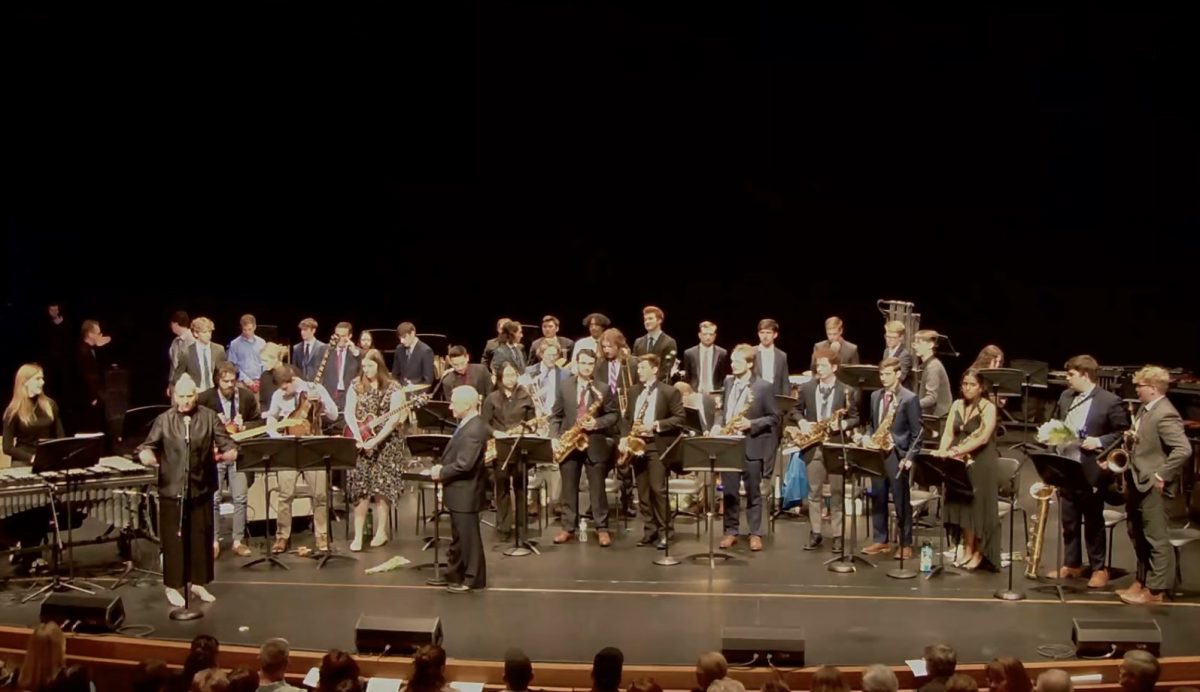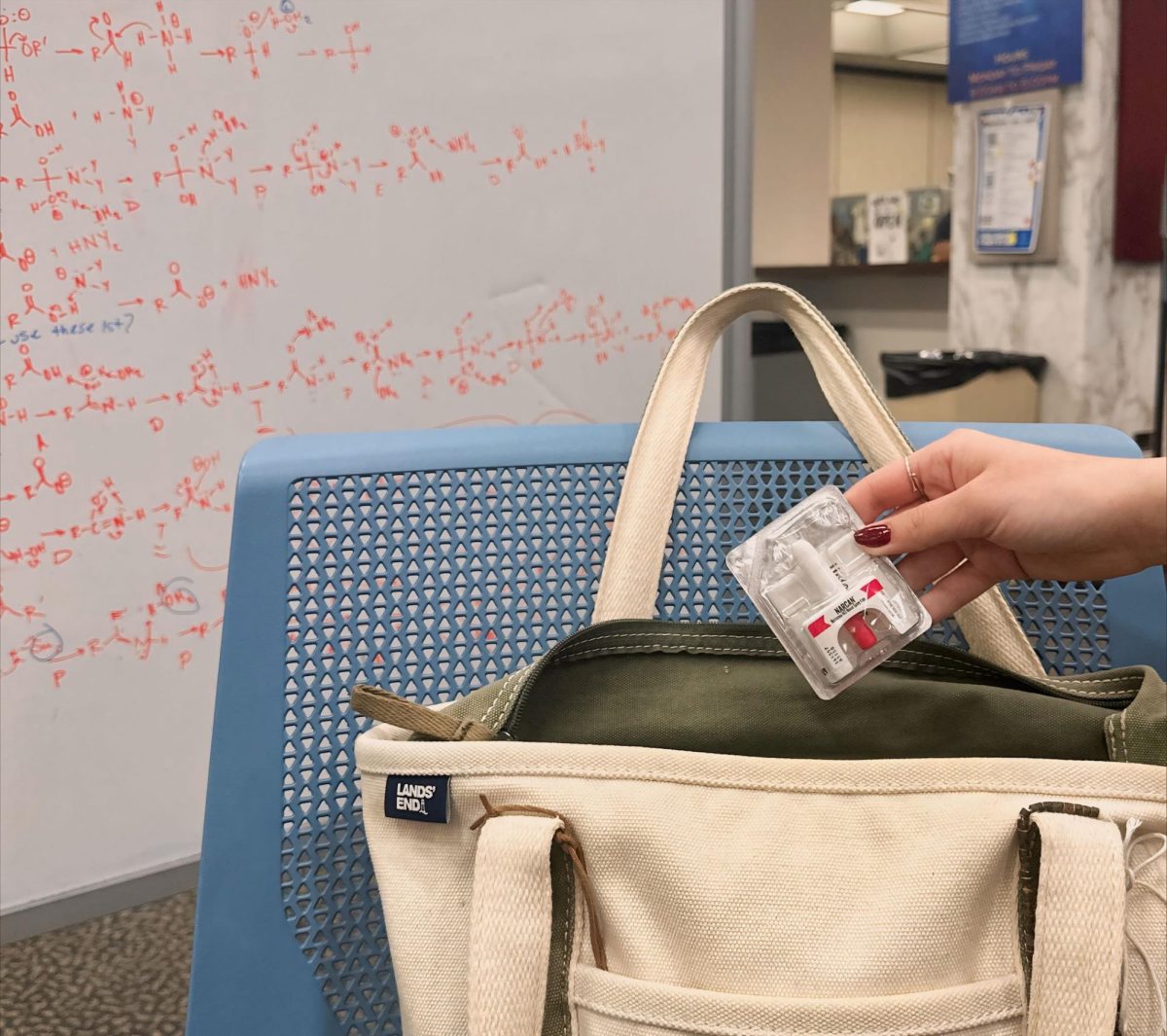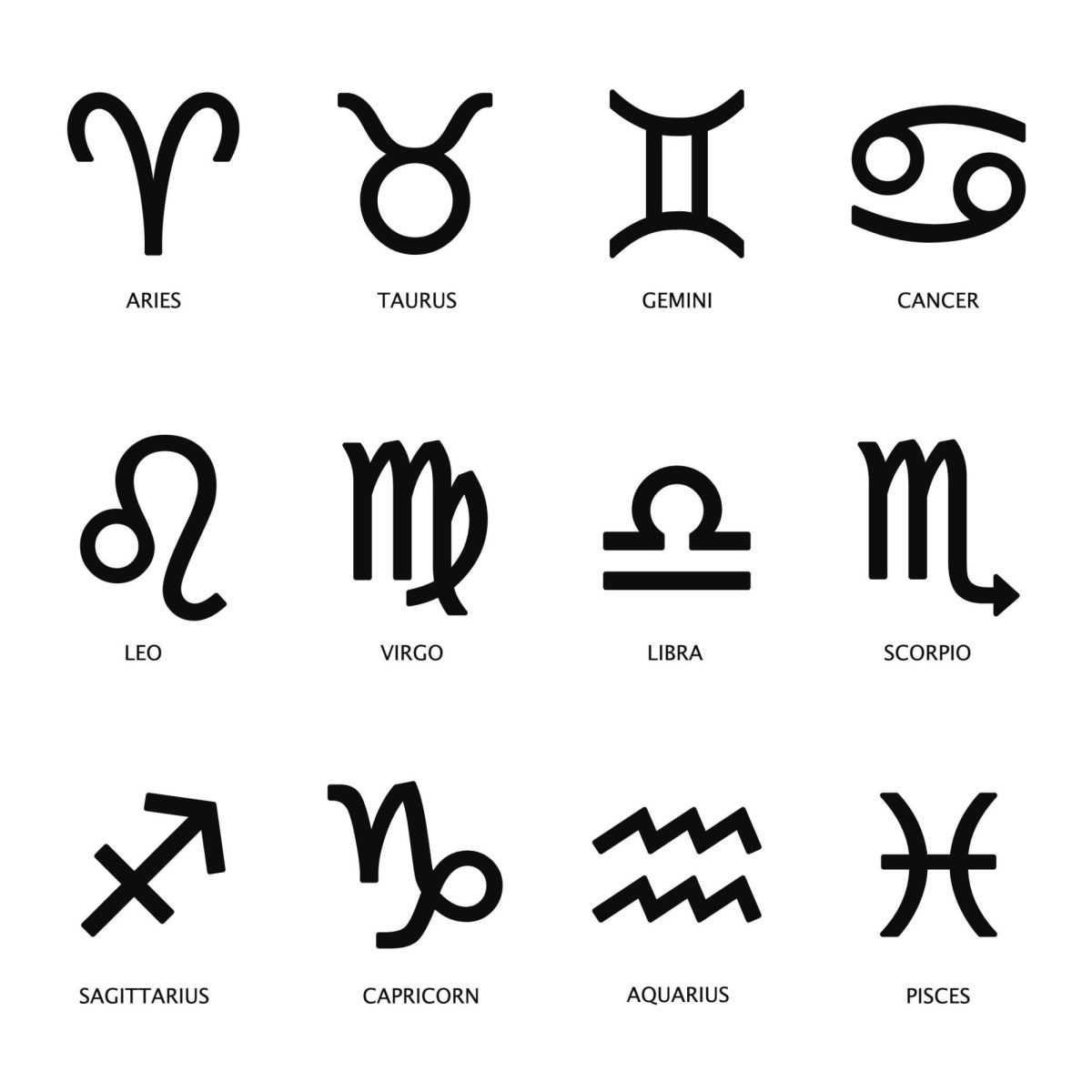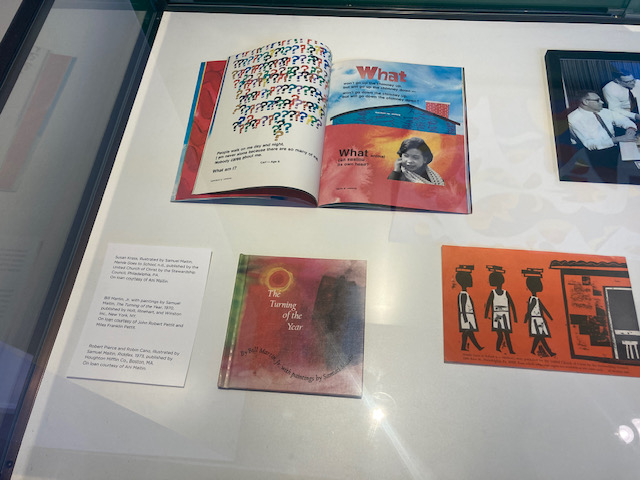As part of “Barbie Week” the Anne Welsh McNulty Institute for Women’s Leadership teamed up with the Villanova Career Center and The John F. Scarpa Center for Entrepreneurship and Law to host a “This Barbie is a Boss Panel.”
Hosted by junior Isabelle Kellezi, the panel focused on the Barbie movie’s impact on the finance, public relations and marketing industries. Panelists included Villanova female professors Dr. Caitlin Dannhauser (VSB), Dr. Julie Pirsch (VSB) and Dr. Ashley Pattwell (CLAS). Together, these professors discussed the creative marketing and public relations strategies that led to the movie’s incredible global, economic success, while also spearheading important conversations about gender equity.
Kellezi’s opening remarks referenced how the “stereotypical Barbie” persona may be relatable for some, but not all. She disclosed that channeling one’s inner Barbie is much more than an “animated plastic dream state.”
“Barbie is a dynamic source for women’s empowerment not because she represents anything extraordinary. It’s because she represents ideas that are expected, ideas that are common sense,” Kellezi said.
Kellezi credited Anne Welsh McNulty, who established Villanova’s McNulty Institute for Women’s Leadership, as being a “real-life Barbie,” someone who used her Barbie power to found the Institute and represent women through education, advocacy, community-building and collaboration. With gender equity at the center of its mission, the McNulty Institute continues to provide opportunities for “lifelong skills development that position Villanova women to achieve leadership success and empower both women and men to enact social change,” according to its website.
“Our goal [of the event] was to highlight the success of female director, Greta Gerwig, and her ability to inspire ‘new feminist driven purpose’ and the compounding benefits to our society,” Kellezi said.
First up on the panel was Dannhauser, who touched on how the Barbie movie benefitted the Mattel toy company financially. Dannhauser stressed that before the movie, Barbie had been going out of fashion. Millennials’ attitude toward the toy changed, seeing it as representative of only a certain body image, and Mattel took the blunt blow financially.
“My daughters, not until recently, weren’t even allowed a Barbie,” Dannhauser said.
But, as Dannhauser said, the Barbie movie became Mattel’s “cash cow.” By adding an inclusive, feminist lens to the iconic toy, Barbie became more than a life of plastic. It became intellectual property, which Mattel capitalized on by seeking brand deals with other companies hoping to revive itself.
Next, Pirsch discussed the marketing behind the movie, asking the audience to consider where and how they saw the movie advertised around the globe. According to Pirsch, via variety.com, the movie had an estimated $150 million marketing budget, which went into brand partnerships, from Airbnb to Claire’s, Barbie selfie generators, Barbie boxes at the theaters and more, Barbie was everywhere, and its success prompted Mattel to consider new toy movie franchises, such as a Polly Pocket or a Hot Wheels movie.
But is Barbie’s success sustainable? Will other toy movies be able to replicate it?
“Why did we see this and think more toy movies instead of more movies for women by women?” Pattwell said.
Pattwell highlighted the PR strategies around the movie, like the social media teaser of Margot Robbie and Ryan Gosling roller blading in incredibly flashy, neon outfits. She emphasized the slogan: “The movie is for those who love Barbie and those who hate Barbie.” Those who love Barbie because they get their pink-tastic, life-in-plastic on screen, while those who hate Barbie get Gerwig’s message that there isn’t one stereotypical Barbie. Now, the brand has evolved to including a Barbie that not only celebrates all facets of girlhood, but has become a tool of advocacy, a way to spread prominent messages of feminism and gender equity.
“It set the brand free to be what was intended for such a long time,” Pirsch said.
The Barbie movie means something different for everyone, and for our professors in the business world, it means advocacy for female representation in male-driven fields.
“It’s hard to think you belong when you don’t see somewhere up there who looks like you,” Dannhauser said. “Having diversity of thought is one of the most important things that organizations can do. The Barbie mantra is going for it. I always say wear heels, so you stand up and think ‘I belong here,’ and help to move the path forward.”
For Kellezi, the Barbie movie redefined “Barbie power” as a confidence level everyone should strive to emulate. Labeled the “Summer of Women Empowerment,” summer of 2023 highlighted powerful, influential women making a large global impact. Taylor Swift, Beyonce, Barbie and athletes competing in the Women’s World Cup embraced femininity to leave their mark and inspire women everywhere. Gerwig’s Barbie did just the same.
“The release of this movie allowed audiences to revisit childhood memories while inspiring them to be catalysts for closing the gender gap,” Kellezi said. “The Barbie brand and movie have provided incredible takeaways that inspire scholar and student discussions, and this generation stands to benefit from all of the opportunities to tackle important social topics. I’m encouraged to do my part and by the success of the week and the student response we are eager to be a part of finally making things right.”
Kellezi closed the panel encouraging the audience to go forward and sustain their Barbie power, even with the “Summer of Women Empowerment” behind them. As Villanovans prepare to enter the workplace, do so with the women who came before you, the women who didn’t get to see 2023 Barbie come to life, in mind.
“We have been given opportunities as a result of their hard work and I feel a responsibility to make good on their efforts and continue to make strides,” Kellezi said. “I will seek to identify areas that are still far behind and build on expanding the opportunities for gender equity to be a standard in all areas of life.”
For more information on the McNulty Institute for Women’s Leadership, its mission, and its events, visit https://www1.villanova.edu/university/institutes-centers/womensleadership.html.


